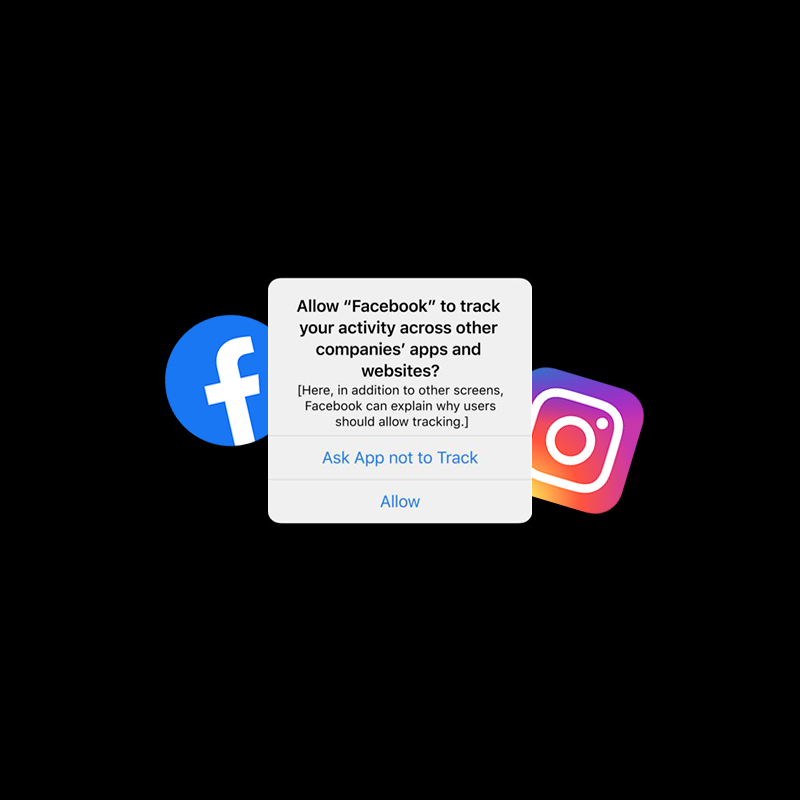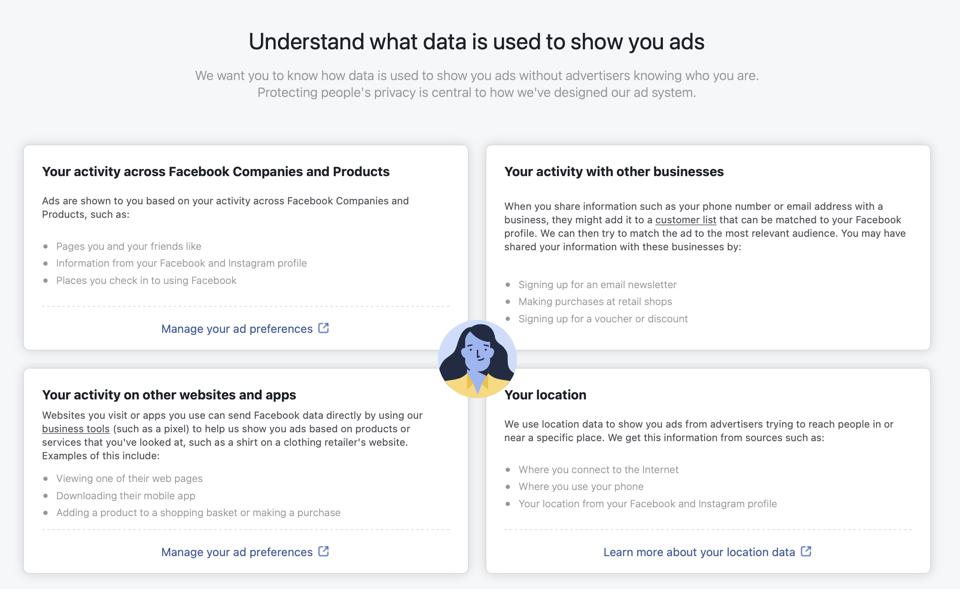
Facebook is the tech giant of the web, the mobile, and beyond. And it's doing whatever it can to circumvent limitations, even when they are inevitable.
Since iOS 14 which gave a lot of headaches to developers, Facebook started to express its concerns about what Apple could do when it finally released its App Transparency Tracking feature, which gives users the option to severely limit trackers.
The feature is simply a way to "give users a choice," once said Apple's Senior Vice President of Software Engineering.
After all, Apple CEO Tim Cook said that technology "does not need vast troves of personal data" to succeed.
But Facebook cannot do that.
It relies heavily on ads to run its business, and its ads on its Facebook core app and its properties, depend on trackers.
This was why Facebook and Instagram tried to defense themselves, saying that tracking keeps the services free of charge.

As iOS 14.5 finally rolled out, Facebook experienced that a lot of its Apple users are opting out of trackers, meaning that the company cannot track them across apps and websites.
That however, was found to be only a theory.
While iOS 14.5 does severely restrict Facebook and others that depend on trackers, but it only blocks Apple's IDFA.
Facebook has other ways to collect user data, and it's utilizing those many ways to gather information as much as possible, to substitute its lack in IDFA data.
Here, iOS 14.5 users who set their iPhone to "never" allow Facebook to access their location, Facebook can still check and gather information about their whereabouts by exploiting a loophole, in which it can harvest photo location tags and IP addresses.
This kind of data tells a lot of things, and among them, is users exact locations.
In an example, users who upload a photo to Facebook or Instagram, can have Facebook to pinpoint their location, even when the users have turned on App Tracking Transparency for Facebook, and restrict Facebook from gathering their location data.
It should be noted though, that both Facebook and Instagram do in fact strip metadata of photos uploaded to their platforms. Users can see this, as their uploaded photos won't have any location information.
However, both Facebook and Instagram replaced them with Facebook's own codes, part of which, is to keep the data private excluding themselves.
Another way of saying this, there is a hidden danger in all iOS 14.5 publicity, in which Apple is giving a false sense of security, making users to think that Facebook and other tracker-heavy services cannot track them and data issue is over.

Users shouldn't assume that by simply toggling the setting to block Facebook, they can totally block the social titan from gathering their information for ads purposes.
Facebook does make this clear.
Its privacy policy said that the data it collects, “can include information in or about the content that you provide (e.g. metadata), such as the location of a photo or the date a file was created.”
The location data, it said, is used “to provide, personalize and improve our products, including ads.
It should also be noted that Facebook is just like Google, as it has lots of other apps. If users block one of its app from accessing certain types of data, it can still gather the data data from its other apps, if they are installed on users' device.
Further reading: Following The Release Of IOS 14.5, Many Advertisers Flee To Android